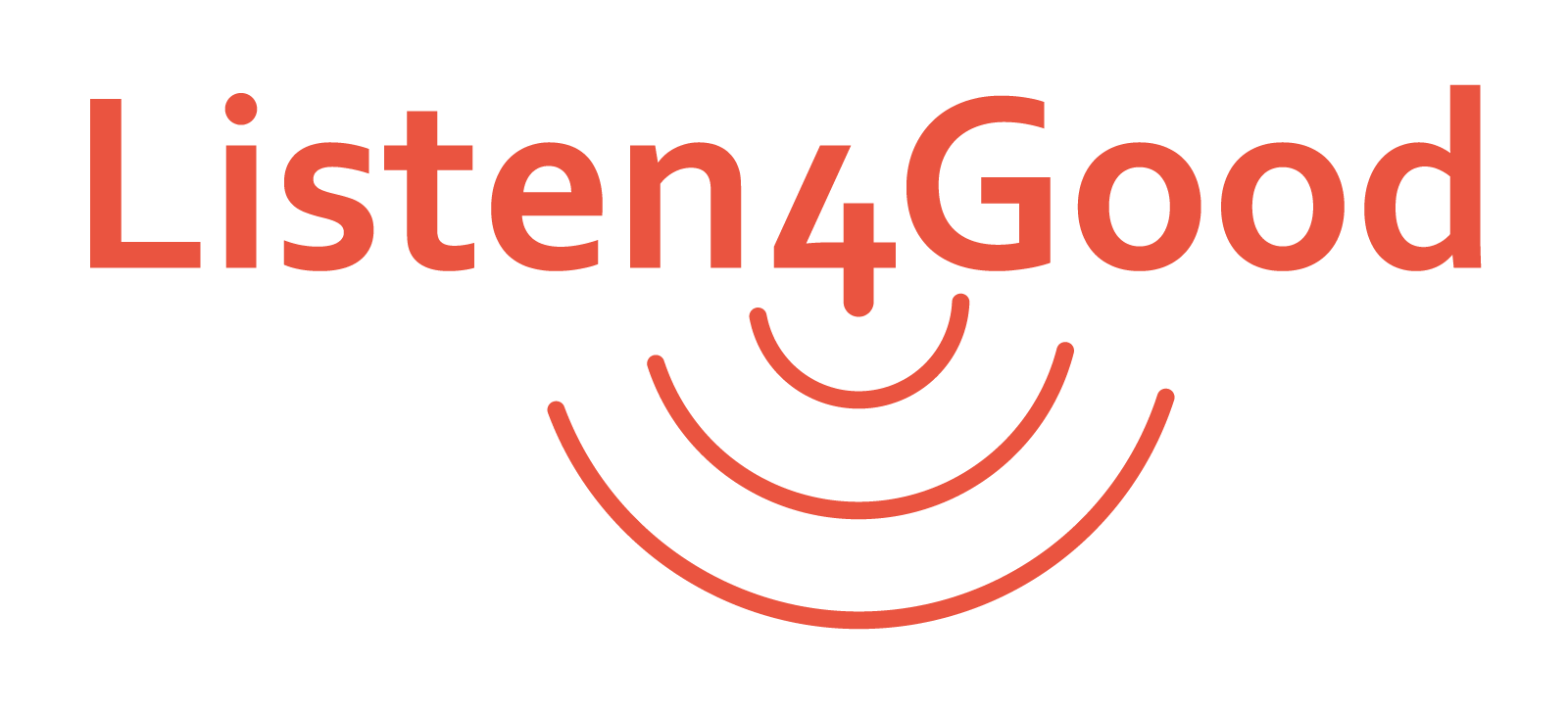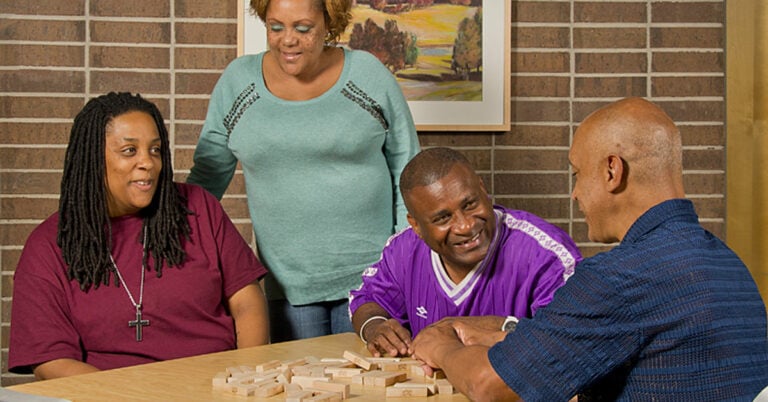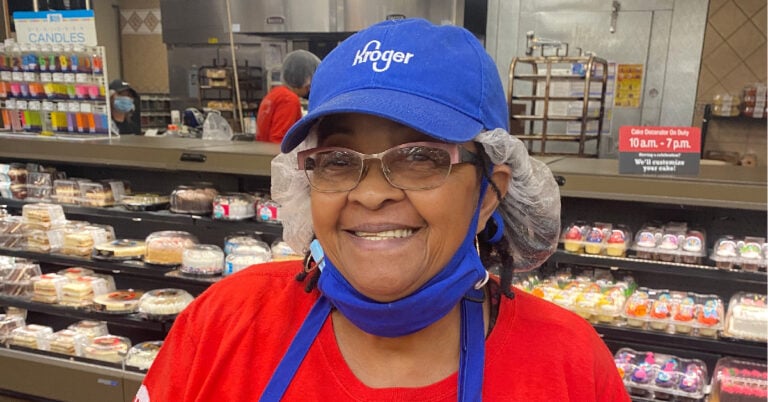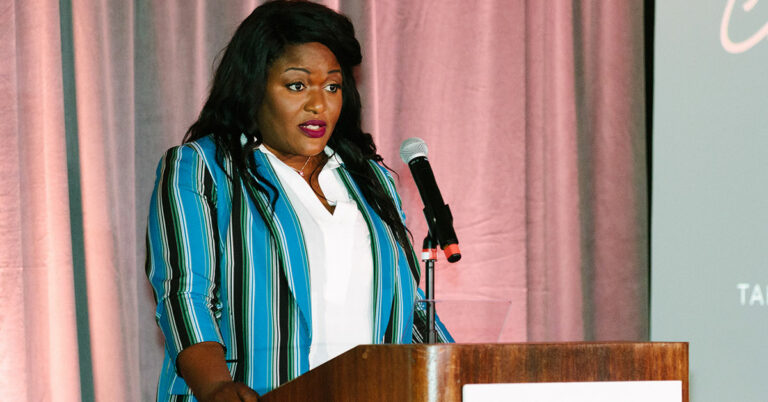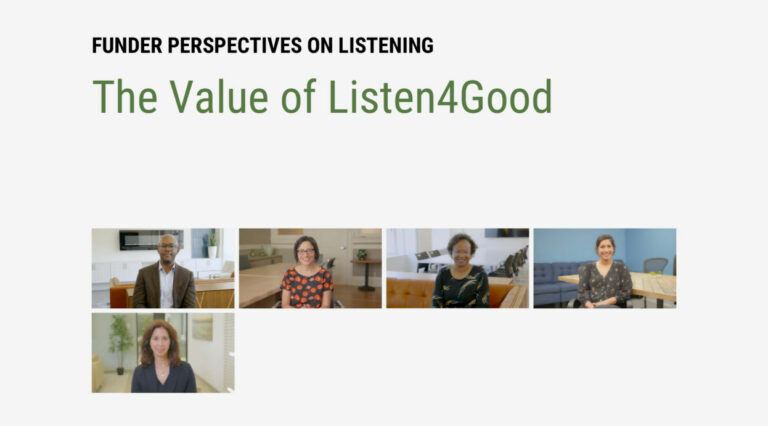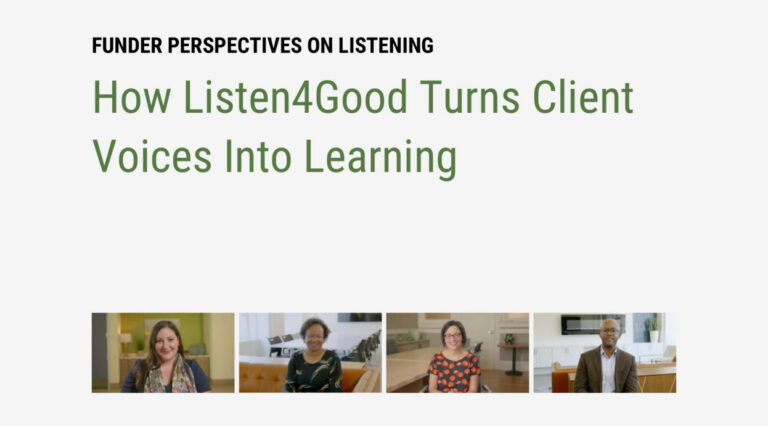Listen4Good Grows Into Its Own
Fund for Shared Insight created Listen4Good in 2016 as part of our efforts to promote high-quality listening and equity-driven feedback practices across the social sector.
Since then, more than 1,000 nonprofits and government agencies have used Listen4Good’s survey-based methodology and comprehensive supports to harness the power of direct feedback and center the voices of those least heard.
For the first four years, Shared Insight provided capacity-building grants to organizations that participated in Listen4Good, while also providing seed funding for Listen4Good to test and grow its design and delivery methods.
In 2020, Listen4Good introduced a new fee-for-service model. For a modest fee, paid by participating nonprofits or sponsoring funders, Listen4Good’s feedback tools, resources, and coaching were open for the first time to all nonprofits.
In 2023, Listen4Good spun out from Shared Insight, and is now a freestanding initiative as a fiscally sponsored project of the Tides Center. Shared Insight continues to work in close partnership with Listen4Good, as it continues to support the work of deep listening in the social sector
2016
Shared Insight pilots Listen4Good
2018
Listen4Good develops a proprietary web app with Shared Insight support
2020
Listen4Good expands its offerings with new fee-for-service plans, Premium and Online+
2023
Shared Insight spins off Listen4Good as an independent organization
Listen4Good for Funders
Funders are invited to sponsor individual organizations — or cohorts of grantees — to participate in Listen4Good. Nearly nine out of 10 sponsoring funders say they would recommend Listen4Good to their peers.
By sponsoring organizations, funders
- Strengthen grantee effectiveness while building grantee capacity
- Redistribute power, learning alongside grantees as partners in listening to community and client feedback
- Advance their own philanthropic goals related to equity and social justice
- Enhance listening practices in service of equity; and
- Have the potential to draw on community data to inform grantmaking, strategy development, and evaluation
Contact Listen4Good today!
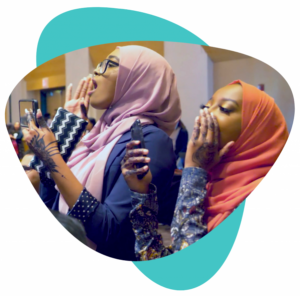
Related Items
- Fund for Shared Insight
